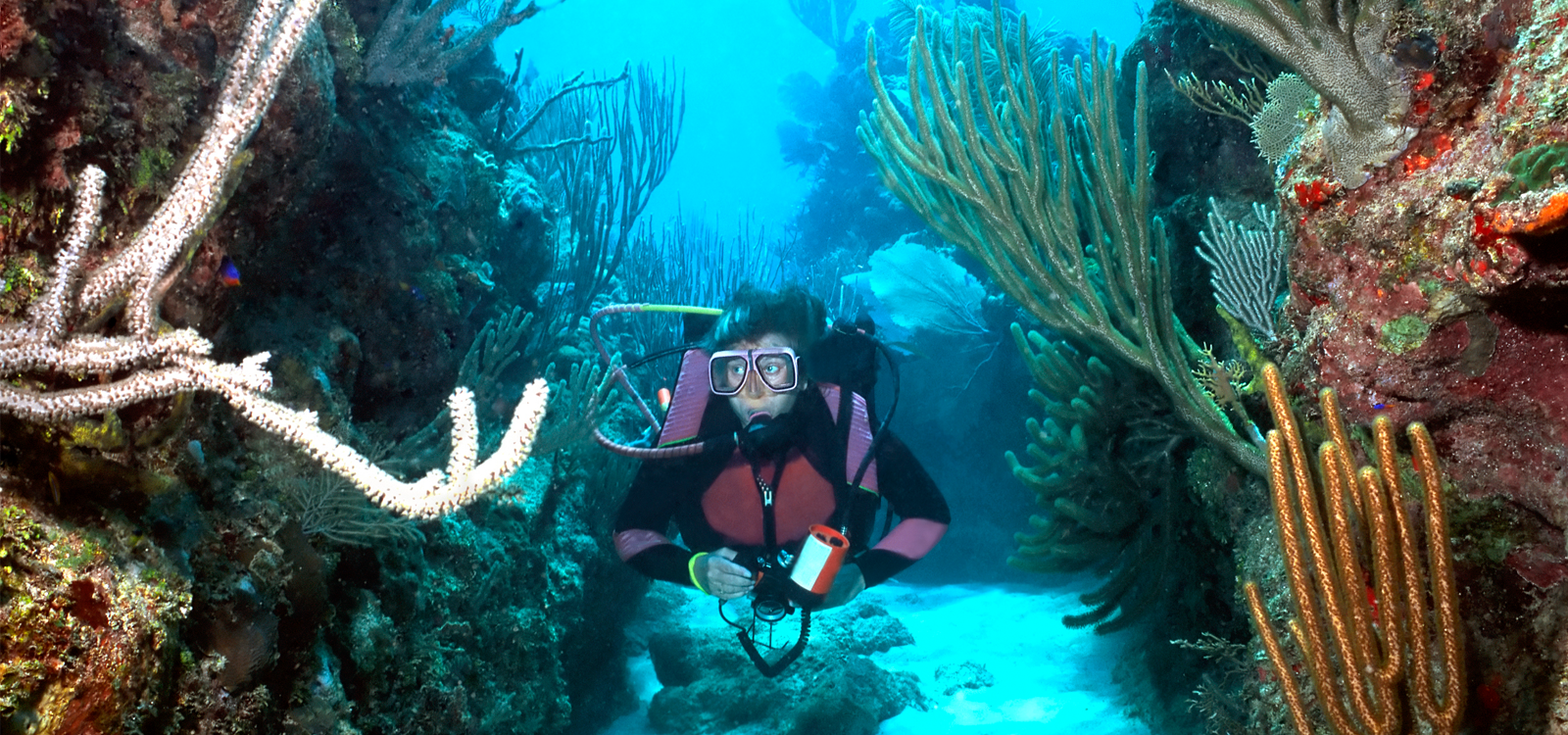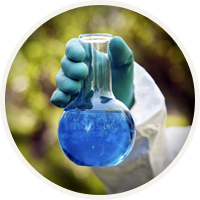
Seeing as how Earth is three-quarters water, you’ve got to give some serious respect to the ocean. It’s huge and powerful and filled with a whole other universe of life. That’s why oceanographers are so important. They understand the biology, chemistry, physics, and geology of the ocean, and use that knowledge to study climate change, the impact of water pollution on marine life, the cycles of phenomena like typhoons and hurricanes, and so much more. Oceanographers lead underwater expeditions, manage teams of researchers, write essays and books, and teach at universities. They’re hardcore scientists, needing a master’s and sometimes a doctorate degree to break into this highly competitive field. So keep rocking those science grades if you want to dive into this oh-so-fascinating career.
The Details
Master's Degree
There are a vast number of plants and animals living in the ocean, and oceanographers are instrumental in studying them and helping the rest of us take action to keep their world healthy and thriving.
The very first scientific expedition to explore the world’s oceans and seafloor was the Challenger Expedition in 1872—it was essentially the birth of oceanography.






